synkar.org
fragments
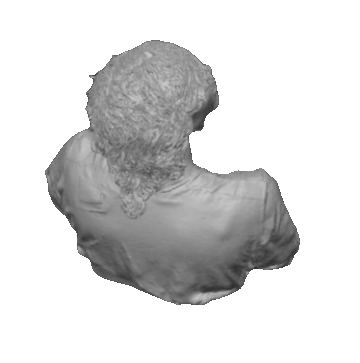
fragments.synkar.org
baudrillard
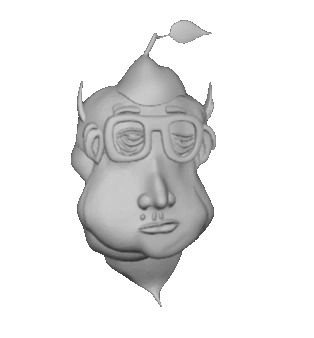
impressionistic fragments
commentary fragments are lower-tier fragments usually amassed from various conversations synkar has loosely had rather than more concentrated efforts. the commentary is valuable precisely because it can be slotted anywhere, its structure allows for it to actually entrain conversational tendencies rather than serving as an unbeatable wall the way academic commentary usually positions itself. rarely, these fragments will repeat if multiple thinkers are mentioned, repeats are marked with an x. every fragment piece has its own biblical-style code (syn-x-number)
then you have theorists like baudrillard, who outright reject dialecticism in their approach. there are some sharp attempts at falsifying marxian economics in the mirror of production.
also, marxism in its analysis offers a lot of ideas about the nature of things. it has its own perceived notions of "humanism," "nature," "anthropology," "labour." it develops specific concepts of the value form, and of labour itself, as baudrillard critiques (see pages 21–44).
so although i’d argue half of those in bold are much better at argumentation and far more convincing, figures like bataille, malatesta, deleuze, baudrillard, niko mas, and sartre have left a lasting mark that surpasses many of the other (potentially better) theorists.
according to baudrillard, women don’t exist right now—they’re creations of men.
"the rational and just society chosen from behind the veil of ignorance would be anarchy." based, though still subject to baudrillard’s criticisms. he wipes political philosophy off the board entirely—that’s why postmodernism must precede anarchism (sadly), except for post-civ which directly rejects the symbolic order.
baudrillard posed something fun: what if the villain isn’t a subject at all, but an object? scarier still—free will becomes tangled with the added factor of a manipulator. the real question of whether free will itself is a manipulator rarely gets asked, since “common sense” points away from it.
"the rational and just society chosen from behind the veil of ignorance would be anarchy." based, though still subject to baudrillard’s criticisms. he wipes political philosophy off the board entirely—that’s why postmodernism must precede anarchism (sadly), except for post-civ which directly rejects the symbolic order.
postmodernists themselves didn’t want this outcome; they regretted abandoning the grand narrative. only virilio and baudrillard stand as true postmodernists—critical of both modernism and postmodernism. it is precisely marxist modernism, through its industrial emphasis, that paved the way for postmodernism to take hold.
marxist modernism, with its industrial drive, created more resources than the world could contain. that surplus fractured knowledge and intellectualism beyond repair, eventually fragmenting time itself (virilio) and culminating in the collapse of time altogether (baudrillard).
not ontological nihilism, like gorgias, but political nihilism: baudrillard’s point that one cannot ever dominate the symbolic order. uncover one thing, hide another—the symbolic always dominates you.
that conspiracy is perpetuated by the us government to make you believe they had control over it—like they had control over everything else. ever read baudrillard’s the gulf war did not take place? 9/11, in contrast, is the only “real” event: everything else is preplanned, preprogrammed, screened, calculated. 9/11 is shocking precisely because the supposedly infallible machine slipped.
so the opposite would be that potentiality cannot disperse. deleuze’s virtual isn’t a list of possibilities but a field of impossibilities—undictated, unguessable. in my idea-potential notes i draw from stirner, byung-chul han, deleuze, foucault (partially), and the disappearance of ritual/myth in post-civ anarchism. it comes out as: “since material conditions are such, unique ideas may be impossible if stuck in x framework.” deleuze’s virtual critiques this, but it is also a kind of anarchist subjectivization. under this frame, ideas can re-emerge, but always altered. never the same. variant-forms get sacrificed, while tendencies persist. a hegemonic flow shapes them, but still: there’s always the chance of disruption. i think baudrillard would resist this, but conservatives aren’t afraid of “unique development” being lost—they fear current conditions failing to sustain principles. reactionary contexts recycle old ideas, re-integrating them in renaissance fashion. so: no eternal loss. my view opposes deleuze’s virtuality but aligns more with baudrillard’s dialectical accident—close, but not equal to the conservative framework.
think of disneyland. why do we need it? baudrillard says: to make us think the rest is real. the rest is plastic and fake—disneyland just marks the border of that conception. now consider 9/11 again: he calls it the “mother of all events,” a moment where the real briefly permeated. for a second, you got a glimpse—then it snapped back into plastic theory. you want to take even that away? it was real. terrifying, messy, stupid. nobody expected it, offices were chaos, phones filled with panic. people screamed: “woah, our god was just wounded.” not omnipotent after all. a slip-up is one in a million, but it happens.
that disneyland example was me channeling baudrillard’s point: american cities themselves are just as illusory, just as theatrical. disneyland only exists to preserve the illusion that the rest is “real.”
i dislike hegel—not because i deny his genius, but because his system doesn’t align with my commitments at all. i haven’t read enough of him to fully rate or be inspired by him, but i did read a lot of anti-hegelian material—stirner, baudrillard, and the like—and that left a mark. it’s telling that fascists literally call hegel “the philosopher of the state.” in that sense, if anything, i stand as a villain compared to hegel’s streamlined, prophetic thought. my inspirations, by contrast, baudrillard especially, openly announce the role of chance, which i find hilarious.
baudrillard says: you can’t escape the symbolic order. you can only puncture it momentarily, before a new one replaces it. this isn’t terra’s view—I don’t know if they have one, and i won’t guess.
others i find interesting are bertrand russell, karl popper, ted kaczsinsky, and so on. analytical philosophers, luddites, and modernists all have sharp criticisms—but as i said in the thread, the best by far come from postmodernists like baudrillard.
i recommend paul virilio. he traces the history of war technology, comparing it to christian missions. he shows how time itself becomes fragmented and relativized, how space shifts from territory to information, how cameras destroy the present moment by snapping in and out of reality. baudrillard pushes this further: time is already lost, no argument possible. virilio also develops the idea of dromological violence—the violence of instantaneous transmission of information to your senses.
it’s not wrong, you see: you can escape realpolitik pragmatism by viewing political philosophy as social and cultural theory. you can view capitalism ontologically rather than economically. that doesn’t make it wrong—it means separating pieces, letting other parts breathe. the power of words allows this. and it’s not just fiction: baudrillard and others called it theory fiction—writing about things that don’t “exist,” but in doing so reinterpreting concepts through a unique perspective, lifting them out of their shells and giving them new life.
i’d need a clearer sense of how you’re targeting time—whether from a zerzan angle, or virilio/baudrillard, or something else. so far i’ve only made assumptions, still working through contradiction.
critical theory, in the sense of worldbuilding and system-making, sets distinctions and then creates negativities: imagining something as overpowering, an evil force to be reckoned with. this is what negativists like byung-chul han, precadio, and social critics like baudrillard do—alongside collectives like tiqqun or cuboniks. they exaggerate the power of their enemies, often nihilistically dismissing defense against them—except through a few niche methods.
deleuze and spinoza would be positivistic, whereas baudrillard and precaido are negativistic.
but still wrong. the matrix also misread baudrillard: there is no real/virtual distinction. the authentic collapses into the horror-tragedy of the past. there is no escaping the matrix.
baudrillard himself didn’t take the paranoia far enough. imagine a deceiver that isn’t a subject or personality but an object. that twist takes the chokehold further: the greatest enemy would be something not personified at all.
after reading baudrillard, i realized the proletariat class has long vanished—class distinctions don’t mean as much anymore.
what’s strange is how it shifted from baudrillard’s object-dominance to descartian subject-dominance, almost like a downgrade. the environment became like tarkovsky’s stalker: borders drawn not by travelers, but by the land itself. the land knew its own limits when people could not. and then, for some reason, i thought: what if other species could also read the borders of the land?
i get kpop girls when i search baudrillard in gifs. it’s over.
oh yes, deleuze would hate ergonomics. half of baudrillard’s anti-marxist mirror of production is basically a deconstruction of it—living environments, technical systems, and other phenomena. solid theory-fiction. i even had an ergonomics-esque exchange yesterday with an entrant, about employees standing instead of sitting.
you can compare it to my criticism of cars. baudrillard is sharper, more systemic. my critique is closer to observation-interpretation fragments. his is full architecture. i’m still working toward that.
theory-fiction narratives—even if animals navigated language and critically thought, they couldn’t write baudrillard’s ecstasy of communication with their brains.
i’d add the anarchist angle. baudrillard (or agamben) frames anarchist terrorism as revoking the state’s monopoly on violence. virilio and arendt note that totalitarianism means terror is not only mental but physical—speed, fascism, nationalism, kamikaze as aid-ideology. the “big nonhuman other” (the nuke) is unbearable, so it gets sacralized as ultranationalism. terrorism, in this sense, presupposes a state with monopoly over violence and a population that doesn’t personally know the actor. but in city-scapes, crime is already local: are you really a terrorist if you kill inside a close-knit community? you’re a traitor, exiled, more like a serial life-thief reclaiming some “long lost liberty of stripped away power.”
baudrillard, the ecstasy of communication (p. 18): cooking food feels like an arbitrary object-interaction—simultaneously meaningless and exhausting. “appeared only as some vast useless body, abandoned and condemned.” i saw an instagram story: “i have 14 hours a day on my phone, but i only reply to one person.” time dissolves, slow dissipation, the grind of experience thinning out.
obscene, baudrillard says, because it is the ecstasy of communication itself. the spectacle avoids obscenity—no unveiling, nothing raw to conceal, nothing to hide.
just realized after finishing rituals of transparency that byung-chul han rips so much out of baudrillard.
the thing with baudrillard: there’s always a main narrative, but scattered in-between are points that barely graze something deeper. they could’ve been developed, but instead they’re folded back into the main current as faint openings.
baudrillard basically ruined my life. he says in psychoanalysis we had the pathology of staging the subject, and the pathology of structuring the jealous world (hysteria, paranoia). but today the schizophrenic suffers the over-proximity of all things. we must justify identity at all times (nothing else can), and feel the need to speak when we have the least to say. these haunt my everyday life. five days ago i had the worst schizophrenic terror i’ve ever known—failed to justify myself.
barthes released image-music-text. then baudrillard and foucault. then the bandwagon through the 90s, then ccru/standpoint theorists. carried into the early 10s. well—it is what it is.
yes, illinix excludes mimicry. but technically you’re right: today we live isolated from reality, caught in simulation. baudrillard’s view is slightly different: mimicry as “expression,” disguising oneself, then expressing that disguise to the other. simulation becomes the tool for engaging the other. luck becomes narcissistic. seduction slides to subduction. fascination doesn’t require a mirror or challenge—it can be solitary. in that sense, baudrillard aligns alea and illinix with “cold universe” and mimicry/agon with “hot universe.” not necessarily wrong. expression can satisfy without needing the other.
but still: the other will eventually convince itself. we aren’t crazy enough to overthrow our own mannerisms. i almost discovered a different personality once, making faces in the mirror. but snapped back into solitude. when expressing to the other, it’s a different type of virtuality—sometimes frightening. you risk becoming your own expression. the other may get scared that you’re becoming it. that’s when the monster you’re pretending to be feels too real—it escapes reality.
baudrillard, byung-chul han—the big names are against transparency, optimization, making visible everything society has to offer. they would rip the whole phenomenon apart.
to reframe: the philosophy of appearance and the culture war dominate the political sphere.a) language loses its form, becoming pure substance through deconstruction.b) social order forces us into the social game—everyone must engage politically and culturally, since culture bleeds into all spheres. aesthetics, imposed as ground zero, demand form over substance. consumer society enforces this: refuse the cult of the image and you’re marked antisocial.
three images:1. the premodern diogenes, the modern montage, and postmodern zizek—images of immanence, engagement, inorganic priority.
2. the paranoid right-winger, oversocialized frail leftist—forced into bouts, producing stereotypes of themselves. each reduces itself to aesthetic cringe: cuteness, oversaturation of information, sentimentalism.
3. the “above the rest” figure—chair of transcendentality, pretending to see truth behind deception, claiming to act on time.
mythology - mcdonalds burger is a pure post-food type of food, but there is no act of recognition of this (this is the idea of porn as truly and purely equivalent to sex)
mythologized demythology - we recognize 1., but are secretly feeding into its qualities by excitation anyways (this is sex that has a hidden porno camera)
spectacle - act of revealing whereby the myth takes a non-detailed character (the myth is serialized and made animated, but doesnt exist as functional and only as the brute force of the intensity of its appearance). spectacles are mythologized demythologies (this is porn in its presentstive function, porn without sex)
ritual - demythologized demythologies - interaction with pure matter without appearance. (this is sex without porn)
they stand on cartesian ground: cars, infrastructure, superstructure, rational inquiry, eating animals, new human images, love of birth, hatred of plastic. they cannot stand the mystery of germs—they need enemies revealed, diseases to eradicate. internet positivism, human germ, optimization, transparency. they prophesy molar order, deny molecular flux, for their own benefit.
the leftist is pinned against the self-image. the schizophrenic becomes the true ultimate player—able to see every position, replicate every ideology, project identity everywhere. in that sense, not standing out is the new standing out. acceptance of products, acceptance of images. the face becomes the last philosophy: a perfect icon of the fully stereotyped self.
today’s zeitgeist looks like a strange blend of baudrillard, byung-chul han, deleuze & guattari, agamben, bataille—though mostly the first three.
so now i’m thinking: does baudrillard consider cosplay to be metamorphosis, or is it more like a metaphorical metamorphosis—contrary to what he says? maybe he counts all cosplay as sexual body and excludes it from metamorphosis.
i just started this section of baudrillard’s book. once i finish the metamorphosis part i’ll come back with his exact line. but speculating: baudrillard probably wouldn’t treat cosplay as expression or simulation. he’d frame it as a grand seductive body. metamorphosis into the “grand body” is the move. cosplay might be a fake metamorphosis, relying on vulgarity and spectacularization, just as the pornographic body leans on obscenity and proximity/fanciful detail. for baudrillard, metamorphosis requires an intentional cause: not just placing a body into a situation, but generating a situation around the body.
criteria? unclear. i haven’t touched grass in months—but literally, touching grass is strange unless you’re lying down or leaning, positioning the body. in that sense, it takes on a kind of pornographic mentality: obsessing over trivial details of posture or gesture for their own pleasure-value. i used to do this as a kid, focusing on random bodily details that others found absurd.
baudrillard touches on this around page 30 of the ecstasy of communication, where he talks about screens and ideology. this is me reformulating that passage through metamorphosis/cosplay.
Q: in what sense is “pedophilic” or “pornographic” being used?> “pedophilic”: the compulsion to touch something smaller than you, even knowing there’s no reason. e.g., touching individual grass strands—the moment before contact already charged with narcissistic pleasure (callois’s play forms). no seduction, no reciprocal pull, only compulsion. it borders on infantile murder—tearing grass from its pack equals infanticide of scale.
>
“pornographic”: once engaged, the pleasure aligns with other domains of overstimulation—porn, global news, food, aquarium staring, tree-gazing. it’s the fixation on every tiny irregularity, every micro-detail, turning interest into obsessive scanning. no real seduction, just heat, agitation, attention, saturation.
this creates no great pleasure, no actual relation to the other, no seduction. only weird antics, competitive declarations, a form of play. he may require a response to stabilize it—better it’s grounded in me than not, since that makes both of us happier.
your level of discussion is already two orders above mine—it moves straight to analogies and aesthetic categories. you invoke “cuteness as predation” (ngai), where cuteness becomes domination of the other. this is not psychoanalysis but analogy-play. i’m not saying pedophilia/infanticide are literal correlates. they are false analogies used to point to a structural mode.
baudrillard calls these moves pornographic: not pornography itself, but a narrative device—excessive observation, detail over seduction. not connection, but domination by exposure. it’s not even analogy anymore—it’s actuality, realized through the domination of this play-form over the world.
theory fiction foregrounds its own artifice. baudrillard shows that what he does is not truth-acquisition but tracing the causes of over-admiration of the image. he doesn’t claim these concepts exist—he reformulates, then occasionally actualizes them as real at the moment of conception.
(graeber) on consumption: healthy, rich, unique. multiple viewpoints anyone can agree with. surpasses frankfurt school and baudrillard—mocks disciplines that cling to narrative assumptions, while leaving space for non-truth-accusatory perspectives.
this doesn’t counter cultural critics like baudrillard or barthes. those critics never wanted to “understand” phenomena, only to reinterpret and invent. they recalibrated their narratives with maximum distance, maximum smugness. frankfurt school anthropologists, too—concerned with preserving culture, they accidentally became technicians, overinvested in method and analysis, unable to pull their heads from the toilet (a gold-plated toilet, but still).
but baudrillard argues consumer society is uniquely bad. that was his whole point. anthropologists need to engage with culture’s methods, to conceptualize and act. cultural critics float on high ground (cartoon-style, ground missing beneath them) as long as they don’t realize it. if they do, they fall. i deny understanding entirely so i can keep flying—angry to die.
althusser’s reading capital (60s) shows marxist concepts already shifting. by the 80s, baudrillard’s fatal strategies questions dialectics, historicism, empiricism, humanism. accelerationism emerges differently: marx thinks the world inevitably advances, baudrillard says “what if” it moves anywhere—desire as revolutionary force, capitalism framed as alien invasion.
baudrillard’s fatal strategies opens here: comments on marx, commodities, and the potential of re-conceptualizing them. he even notes baudelaire as having a sharper commodity theory than benjamin. so: not impossible, but demanding.
the way forward is comparative. track every mention of “marx” and “commodity” in fanged noumena, baudrillard’s mirror of production, dialectic of enlightenment, reading capital. classical critical theory vs. structural marxism. highlight differences, not “right vs. wrong.”
my stance: i have no prescriptive judgments. or rather, i do, but they’re not good, so i won’t share them. strategic silence. prescriptive thinking is dangerous—for me and the world. yet i still make judgments constantly, then cover myself by adding: “i believe the opposite too.” the problem is meta, not positional. something is happening to the world right now that blocks me from saying what it is. i haven’t fleshed it out yet. baudrillard probably has, but this feels more like a 2020+ thing.
“independent third party unbiased double blind peer reviewed authenticated impartial objective fact-checking.” the part i hate most: theory accounts using visual porn—sometimes literal hentai—alongside quotes. given that most poststructuralists were extremely anti-pornography as a phenomenon, slapping baudrillard above hentai is just idiotic.
with continental philosophy servers, the opposite problem: not form but substance. you can type ambiguously, break style, drop wacky examples—but you must deliver a strong reading of philosophers. misquote baudrillard, or botch technical presentation, and you’re done. here, propositionality rules. logical structure, categorical fluency, theory-knowledge.
i’ll be honest: for the first fifteen minutes of reading philosophy i usually want to quit, eat candy, drink water, play video games. but when i start reading barthes, baudrillard, butler, adorno, lyotard, bataille, deleuze—I laugh, i get excited like a kid. years back i didn’t know text could be this close to media content, but it is, and it’s far more intense.
butler built an ontology out of penises. barthes insulted plastic worse than turkish dramas. baudrillard described my depression better than my therapist. bataille made sacrificial rituals seem good for a week. deleuze makes me feel like i’m in a dream. i laugh when adorno complains about being annoyed when his alarm wakes him, or how walking on the street feels like always being chased. the image of a metallic object dashing by gave him paranoia. cute, sad, funny, human—reading deleuze made me realize what a true friend means.
“this will be the last war / this won’t be the last war / there will be no more wars”—all equally convincing, because all equally shite dialectical attempts. they don’t account for the urgency and intensity of the accident (baudrillard).
narrative theory (tiqqun, baudrillard, byung-chul han, preciado, others) focuses on alienation in social relations and the absence of capability. the mix is metaphysical and modal: who counts as subject, how causality develops, what agents actually do. each idea has its place.
i use them as example because i see an account full of potential—someone actively reading, inspired, acclaimed—but barely scratching the surface. intellectual vermin. their statements are shallow compared to the density they could reach. that makes me angry. i’m not the baudrillard of theory, i suck too, but at least i try to be more constructive, researched, inspired. half the time i’m improvising, yet compared to them—so acclaimed, so popular—they can’t come up with anything sharp.
negative dialectical critique usually builds moral narratives around consequences. baudrillard’s attack on porn is sharper because it avoids the usual categories—consent, coercion, wage labor—and instead opposes porn to seduction. for him it’s narcissistic rather than competitive, anatomical and medicinal rather than thrilling. framed like a moral argument, but stripped of morality.
thinkers just before debord, through baudrillard, and into the 2000s leveraged this critique against the collapse of infrastructure into streams within streams (baudrillard timed this collapse perfectly). his main criticism of marx in mirror of production is the failure to account for automatic, internalized responses. no one’s yet written a strong defense here, but i predict: after a century of this, we’ll see a schopenhauerian return—this time without metaphysics.
baudrillard isn’t usually placed at the center of anti-porn discourse, but his interventions are often more radical than the usual canon. he makes effective counter-arguments to irigaray, for example. where most anti-porn theorists lean body-positivity, his angle is seduction and symbolic violence.
my reading trend gravitates toward this: symbolic bondage. that’s why i keep circling tiqqun, baudrillard, byung-chul han, preciado, barthes, adorno.
baudrillard’s anti-pornography pushed forward figures like byung-chul han, but baudrillard himself is far more venomous to pro-sex discourse. compared to dworkin or irigaray he’s infinitely sharper. he frames porn as seduction and crime—the thriller element missing in even noir films.
extend this logic: any visible detail can be aestheticized. pornography, for baudrillard, works the same way microscopes aestheticize biology. nerds staring at cell structures: porn as prokaryotic voyeurism. the invention of the microscope birthed new forms of masturbation. mental images collapse into visible detail; experience under the microscope differs entirely from ordinary imagination. porn without the microscope is impossible, because porn is detail itself—and detail is everywhere.
baudrillard reads contradiction as a play of signs within the system’s totality. conflict, modality, problematic—each collapses into spectacle or pornography. everything meets everything, models dissolve into one another, ghostology replaces substance, time and place are erased. essence is stripped, constituents evacuated. “tolerance” becomes monolithic: a comicbook world where all things are leveled, endlessly replicable plastic toys. but it’s not just the loss of form—it’s the immediate replacement of all with fake replicas. tolerance is a false delusion unless confronted as totalizing growth above the other: a political act that tears away the veil of association to expose the real play of signs underneath.
decent list, but i can’t tolerate slander of baudrillard or deleuze. sure, baudrillard can be dull, but bataille deserves to stand with foucault: he birthed non-philosophy, anarchic refusals of mainstream foundations, micro-aesthetics.
hilarious discovery: zias stumbled into baudrillard’s definition of pornography by accident.
``you’re right, though: the problem was “solved” only because people stopped caring. once a concept stops being entertained, it recedes. urgency keeps things alive; without it, they slide into irrelevance. history doesn’t mark progress—baudrillard himself would laugh at the idea.
yes, preciado is influenced by him. so is byung-chul han, tiqqun, countless others. the network runs deep. but baudrillard’s later philosophy actively rejected much of his earlier work.
i use lacan rhetorically because in current political discourse he (along with laruelle, lefebvre, karatani, weil, arendt, heidegger, hegel, etc.) gets pulled into both neo-reactionary and neo-woke thought processes. same with deleuze, adorno, foucault, braidotti, baudrillard, sayak, kant—you can throw them anywhere.
through baudrillard, the naked body isn’t seductive. seduction is the potential held just before revelation, the moment before the unveiling. once the body is exposed, every irregularity, every obscenity is obvious. the mysterious vanishes; the fetish becomes visible, banal.
for baudrillard, pornography is narcissistic because it kills play. it’s a microscopic urge toward ever-expanding detail. obscenity piles up, detail after detail, producing narcissistic joy. spectacle differs: it works precisely because it withholds detail, keeping its mystery intact. seduction, unlike porn, is a social game—woman in command, man not forced but invited. pornography assumes compulsion, that men must be seduced, which for baudrillard is repressed vision.
promiscuous, that’s the word. not provocative. promiscuity assumes men are forced into seduction. baudrillard calls that repression.
if you drop rawls or cioran for baudrillard you gain +100 iq, +16cm height, and +15% chance to find a random bag of money.
but i don’t want to get out-baudrillarded by someone sharper. there are people way better than me.
better to become accepted first, before “turning dark.” everyone does this: baudrillard, kanye, stirner with the young hegelians. keep the secret, then drop it at your peak. that’s when influence hits hardest.
even he found mirror of production valuable—enough that we should probably do a proper review (i mean we as in anyone who wants, me included).
and yes, the intelligence of evil and the lucidity pact are wild. also: the arcade project (walter), corpus (nancy).
ideology should be easier than ever to endorse—because, as baudrillard says, everything is in infinite proximity to everything else. just make sure we realize it’s ideology, a regime of signs, not material reality. beliefs must enforce the regime of signs: their correctness becomes necessary to maintain it. this creates a separate ideology that treats territory as limit. we see it in cancelling movies—not promoting, just showing. anything conflicting with the “protected mass of signs” is cut off. this mass has no sharp edge or endpoint; its tyranny lies in surrounding everything.
identity often becomes the glue for ideology. marxists embody this: belief and agreement override everything else. but ideology as performance (and acceleration) pushes identity aside. prevention may lie in post-authentic attitudes, hapticity, phenomenological discourses, or exposures that unsettle regimes of signs.
baudrillard sees obscenity as detail upon detail, endlessly expanding. but the opposite of obscenity is not morality—it’s refusing detail, refusing the spectacle. war against information’s spectacle is the attempt to reclaim seduction.
promiscuity, for baudrillard, is cheap seduction—a mimicry, a metaphor. not seduction itself, but the background details mistaken for process. the assumption that one must be coerced or assured into seduction.
baudrillard writes anti-dialectically: fatal strategies treats mainstream concepts as random errors rather than intentional systems.
what i want is a bullshit-jobs text with none of the anthropology or cultural critique. something frankfurt-school or baudrillard-esque: speculative abstraction. not attachment to community, but mapping abstract mechanisms of performance themselves.
han is deeply indebted to baudrillard, karatani, and the zizek crew, with ccru lurking in the background. baudrillard and virilio especially: han often reads like an aphoristic baudrillard, a thinker who chews the fragments others left unfinished.
my aim is to dig as far as possible into the trauma of doom—into what baudrillard calls the “four negatives.” i don’t want to dwell in doom, but to challenge it, fight it, escape it. not one theme of doom, but every attachment to it. the question is whether doom is contingent or necessary, and whether it can be battled outside signification itself. i suspect not, though i also doubt signification marks the limit. sometimes we must face doom inside the real itself. for hegel this unifies subject and object through spirit; for baudrillard it is objects themselves conspiring against us.
perhaps, like baudrillard’s narrative, our ontic condition has to mature to a stage where objects themselves acquire intention, will, experience.
this isn’t habermas or foucault territory; it pushes into a baudrillard–lacan synthesis: seduction, asexuality, primal father worship.
i mean theory of media, sure, but not in the mcluhan–baudrillard convergence sense. my critique: speculation collapses when the text is overloaded with references. they dilute rather than support the concepts. the more the text leans on scaffolding, the less speculative energy remains.
even sex can be narcissistic. baudrillard’s game typology clarifies this: mimicry and sacrifice are social games, entertainment of self by self, for self.
my favorites: the ecstasy of communication (baudrillard), mythologies (barthes), theory of bloom (tiqqun). the french side of things.
n/a
n/a
synkar.org
fragments
for a broader overview of the life and work of each thinker, visit the archive page instead
figures
persons
ghosts
synkar.org
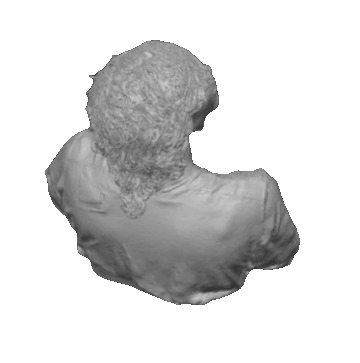
method
below is a map of the subjective ranking symbols, which arent used as a comparative ranking against other works in the genre the way the number is. it isnt an ethical prescription, meaning a text rated the symbol equivalent of 1 doesnt mean i think its a 1/10. certain genres are designed to have lower numbers on purpose, therefore the writing only becomes weaker when it believes its something it isnt, which is elaborated under "why".symbols counterbalance the objective number with a secondary ranking that considers the middle-line between my felt experience of reading the text, with some systematic explanation for why the criteria are the way they are, just enough to elaborate why a text feels the way it does, without trying to enter a measurement that would make it something other than my judgement, when it is still my own. the stars are calculated by combining both scores for up to 20, which i use to universalize ratings for websites like goodreads, but arent indicative of my subjective experience, only a compromise formula for standardization.compared to popular critics, i consider myself slightly more objective on average due to my use of the dual-split method, which de-emphasizes cultural preferences whilst still honoring the qualitative effort of the text, all whilst emphasizing that im ranking from my preference for a specific style of writing situated in-between traditional critical theory and speculative realist/new materialist/contemporary-experimental writings.my reviews all come with kickers and ratings, but more careful treatment is split into three tiers: light reviews about cultural commentaries and debates over where a text should sit, deep dives where i treat the text with my own interpretation and commentary, and counter-texts, entire writings i dedicate not around the text but on top of it, original writing inspired by the text.
guide
1/10 — flicker (⸮): work contains an absent narrator, unmemorable style, the content dissipates and drowns when you unpack it, or remains uniquely derivative and poorly executed instead of being classically generic. a flicker can only be unintentionally offensive, edginess is too profound for it.a theory text shouldnt usually look like a cia manual or beurocratic write-up unless the author is exceptionally positivistic and undertrained in creative writing. the average experienced theory reader will often have more intricately developed inner thoughts than a blinking text.⋋/10 — trace (ˎˊ˗): work contains an inoffensive style that leaves a minimal and faint impression, generic and thrown together, annoyingly tame, references are there for style rather than substance. plenty of marginal notes, parenthetical filler, and low integration of differing parts.usually, your very flawed memories will have a more interesting impression of what you've read than this text actually features. often unfortunately encountered in texts from liberal sciences of various kinds2/10 — fragment (∴): the text does exist but it feels incomplete in totality and not just in chronological development, its more about making interesting gestures and delivering quotables inside of a pre-structured slog featuring logical connectives or syllogistic and formulaic reasoning. usually featuring too much affective description, speculative or abstract voices are missing.usually you will write a fragment when you have a university assignment due or forgot about that one book you had to submit. i hate that autotheory is being disrespected, a lack of effort is not equivalent to a lack of skill nor is effort or skill determined by time spent writing, halfassing is a functional event and not determinable by how much time you actually spent writing something. writing a fragment is a lazy choice, not a sign of incapacity. in theory internal discourses and character dominate over density of thought and this is usually a good thing and should stay this way3/10 — pulse (∿): the text stylistically feels intermittent and irregularly alive, but its unbalanced in substance, passing by fascinating moments with cheap passages that legitimize it rather than pushing it through. structurally, theres lots of repetition, oscillating phrasing, circling back without closure. frequently entirely out of place or missing either the mark on what its supposed to do or even the definitive idea of said goal.i don't think its a mistake to write a pulse but its more like they're just in-between zones that help push somebody in the right direction. it usually sucks to read one as much as it does to write one, but half-dead texts are a sign of wealth and not of drought4/10 — tether (⊶): work is stylistically sustained and defensible but too constrained, it only has a partial grasp of any single point, paragraphs feel half-assed. heavy reliance on reference/citation, text is tethered to other texts.this is basically where every single text from the "cultural anthropology / media studies terrain" goes, and the ocassionally really lazy writing thats too consistent to be a pulse but too crap for the specific authors usual pulse . as it happens to be, synkar is as biased as anyone else in this world, and in his bias, this is the closest equivalent to a subjective "1/10" that this symbol list would contain. reminder: the ratings in this case are not quantitative but qualitative5/10 — current (⇌): work does contain stylistically active movement and a recognizable flow. most importantly its structurally dialectical, thesis ↔ antithesis structure, reciprocal moves, it cant go anywhere but forward and back in consideration, refuses big leaps or fuzing of any kind, caught in constant consideration but has a lack of character.if you get this ranking by me, essentially understand that i thought that your text is nothing special. it could be great, it could be amazing, and yet its nothing special. this isnt an insult, not everything should be special.
6/10 — flare (✶): work contains too much character - its compelling and easy to resonate with, but doesnt feel like it contains any enduring criticism. structurally features lots of aphoristic peaks, sharp condensation of concepts and narratives, features lots of standalone striking lines but has no scaffolded body.imagine nietzsche. thats it, thats what this is about. or in other words, every single overly inspired and incredibly skillful bastard that didnt actually do their homework goes here. this might sound like im tooting my own horn but i usually either write flares or pulses, which in reality is the biggest insult towards myself and my own responsibility to my work ethic.7/10 — surge (⟡): work feels dense and saturating and most importantly is actually memorable when you look back on it. has a structured, intricate nesting and layering with either a recursive architecture, or if it foregoes layering, contains an immense amount of care put into delivering standalone strikes or analyses. it has a tendency to be impatient. a surge is often thematically more valuable than a blaze, most philosophical topics require consistency over force.basically, actually good philosophy texts go here. usually its texts that contain all of the above, conceptual scaffolding (repeated buildup and advancement of recurring concepts), narrative scaffolding (a specific layering of events and themes in the temporal space of the writing), referential and affirmative intertwining (ocassional value judgements and display of character and wit, laced with a respectable amount of proof of legitimacy and generally commentary that exists within actual discourses) and most importantly a deathly ambition to complete a hyperspecific goal that is actually executed in a literary domain with a level of complexity that makes reading the writing not feel like a waste of time8/10 — blaze (☉): work contains an overwhelming amount of force and a transformative presence. structurally, a central thesis dominates either directly or indirectly, but everything is drawn into one axis that doesn't feel recursive. this feels like a real text in that its one of a kind, making it difficult to incidentally recreate at least at the time of its creation.this is not for the type of texts you think its for. the central thesis is not a central theme, that crap usually goes in fragment. this is where themes become solidified by the sheer force of the writing. very rare and usually requires that the thinker somewhat sells their soul - as in - gives away their life to this idea, so that the intensity with which they treat it makes it appropriately strong and characteristic enough to really consider, not just to consider for a review9/10 — legacy (∞): classical texts that are very intense and capable, either beyond comparison with anything written before it, or a total synthesis of said predecesors, in that its superior. usually is the result of a long historical culmination of writings, usually enters canon by-proxy. contains endless unfolding, unbounded elaboration and totalizing expansion. in a certain sense, a 10 is weaker than a 9 because it betrays the heuristics of patience.aristotle, origen, kant, hegel, nietzsche, heidegger, agamben, you get the point. the rare pieces of canon that dont have to fight to be canon due to the fact theyre simultaneously extremely unique and systemically dense, all whilst being instantly influential by sheer coincidence. this type of writing is disgusting because its utterly soulless, and only a result of the weakness of philosophical readership rather than the strenght of these authors. sending nothing but hate their way...10/10 — rupture (⧉): these are new, contemporary legacy or blazing texts that are technically equivalent in character or power to a canonical text, or may even be slightly worse than canon works, that i want to performatively force into the canon or put an accent on, which is why theyre the only completed rating, in the sense that i believe they're intense and powerful precisely because time hasnt revealed their weaknesses yet. think of this as my way of trying to influence the contemporary canon, its a strategic compromise and constant bargain over the future of philosophy. the ruptures that are higher-rated can be consistently compared with the best texts that history can comparatively offer, the ones that are lower-rated but still at the top of the leaderboard is also my way of creating a gravitas around my brand
synkar's reviews
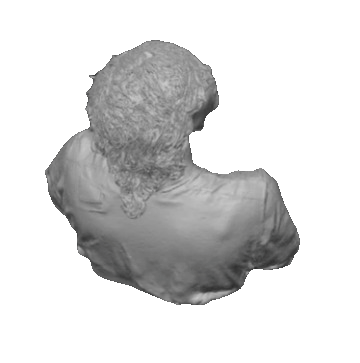
ratings: the numbers are objective ratings for how it compares to other texts, the symbols are subjective and only about how i felt and how the text is written, not about how good it is. the stars are a goodreads compromise. visit text-only to sort or search specific texts, or leaderboards for my top rankings*
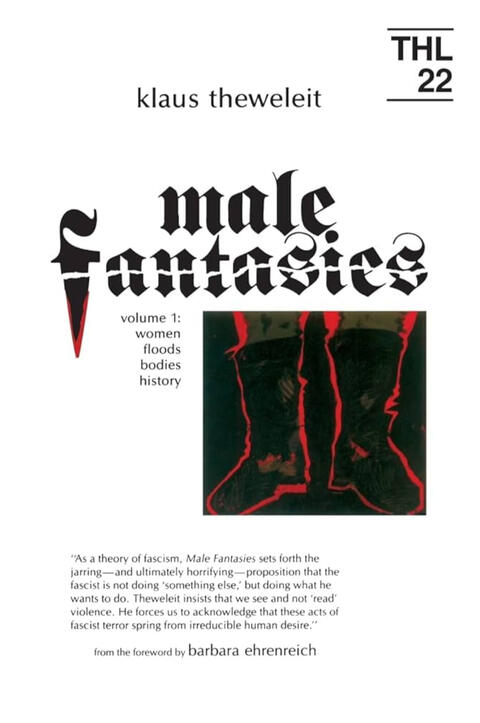
"an impressive 8∿"
★★½☆☆ (11/20 - 55%)
what: theweleit - male fantasies
type: studywhy: an 8/10 compared to alberto toscano's late fascism or wilhelm reich's mass psychology of fascism. it has a pulse and only wants that. philosophically useless but very impressive study.kicker: theweleit, the most studied researcher of fascist psychology in the world at the time of writing this work, spends the entirety of it analyzing exactly how fascist soldiers are incapable of love, all whilst coming to rushed and irritatingly dull conclusions on why - accidentally crafting a second degree simulacrum of already soulless people
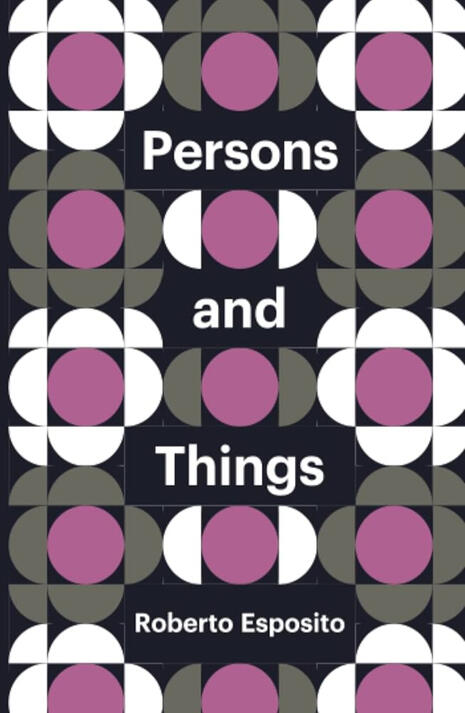
"a confident 7⇌"
★★★☆☆ (12/20 - 60%)
what: esposito - persons and things
type: borderline studywhy: stable 7, but not as developed as homo sacer or necropolitics, not as creative as we have never been modern or a thousand plateaus, not as interesting as marcuse or ben-ghiat's studies. a stylistic current that knows its a currentkicker: esposito's well-studied persons and things is a book thats supposed to be boring but really isnt, dissecting the juridical and philosophical history of biased personification, whilst unfortunately undermining the ambivalence of subjugation in favor of a more critical and less dialectically speculative reading that later in only mainly manages to rehash existing discourses around objectification and corporeality`
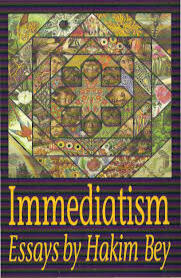
"a disgusted 5✶"
★★½☆☆ (11/20 - 55%)
what: hakim bey - immediatism
type: borderline theorywhy: a 5/10 compared to tiqqun's introduction of civil war when it comes to a well articulated anarchist inclination. its a flare but thinks its blazing. disgust-worthy readKICKER: hakim bey, otherwise known as gen z lefebvre, with the wrath of a basement incel and the half-stoned manifesto-babble of someone both right about the world and unbearable to stand beside, gives us something even worse than capitalism: a hipster-circlejerk text that doesnt know if it wants to be a manifesto or art criticism, that has thrown away bourgeoise culture in favor of a contemporary anarchism thats more chips-eating, solanas-glorifying infantilism than the cold swagger of a debord or the hallucinogenic politics of an andre breton
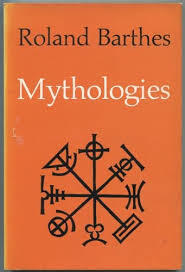
"a funny 7✶"
★★★☆☆ (13/20 - 65%)
what: roland barthes - mythologies
type: borderline theorywhy: less systematic or rigorous than umberto eco, louis marin or derrida, less stern than benjamin or baudrillard, yet, nythologies being an early work of his is still somehow almost as important. 7/of grammatology. a flare that kind of wants to be a blaze but knows it isnt, but very funny.kicker: mythologies is an amazing book of critical theory precisely because it doesnt just mythologize bourgeoise culture, but it mythologizes it into parody with more finesse than almost the entirety of the internet today can manage with all the time in the world, yet with almost the same amount of substance as a modern paragraph meme with just about the same amount of volume per shitpost. unfortunately, barthes introduction is so short and undersold that johnathan culler's introduction is necessary to even understand that this work is trying to be revolutionary and not a gag periodical
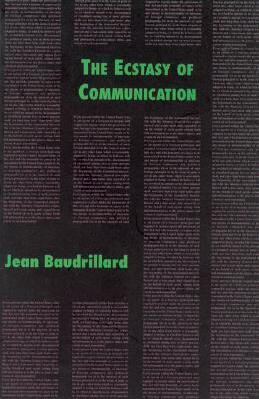
"an arrogant 8⊶"
★★★☆☆ (12/20 - 60%)
what: baudrillard - ecstasy of communication
type: theorywhy: it only gets an 8 because, despite the fact that it acts like its above the fold of its time even if its actually perfectly generic for said time, and despite the fact virilio, flusser and stiegler are all more comprehensive, they still arent as clever at writing it all out as he is here. its a tether that thinks its a blaze because hes arrogant.Kicker: as marc nash also notes, baudrillard opens with extreme strenght and lays out the beginnings of a pretty well developed theory of screens, only to plunge into a rant eerily resembling chatgpt-fueled writing styles, where he manically regurgitates concepts hes already dealt with in fatal strategies and on seduction, helping absolutely nobody except byung chul han's anthro-fillers and maybe goodreads user rhenvar's dating life with his almost self-help style polemics
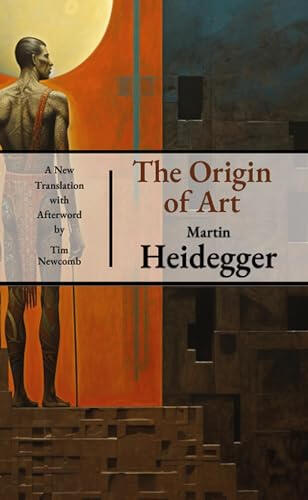
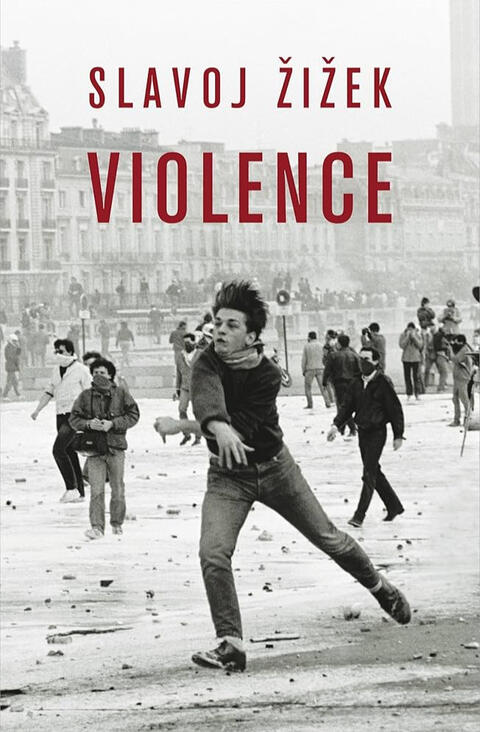
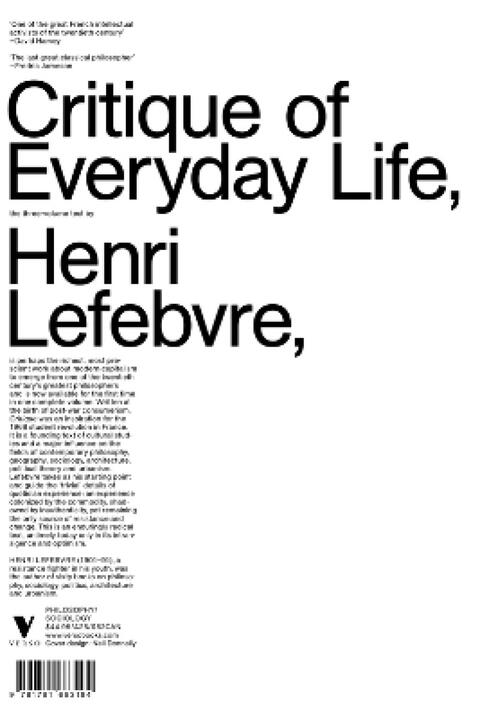
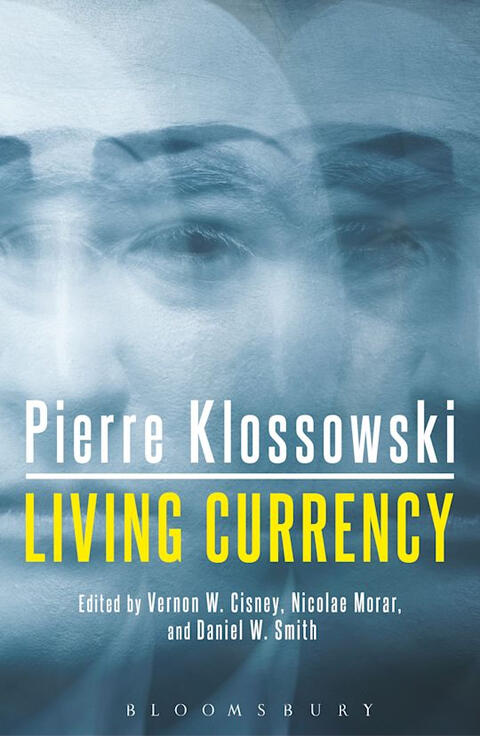
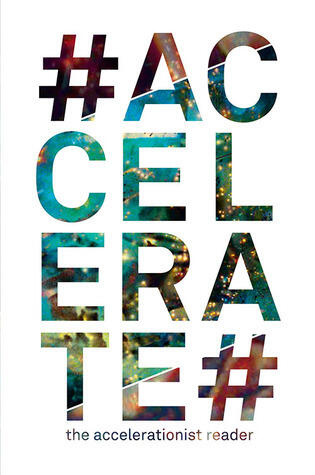
to be reviewed
to be reviewed
to be reviewed
to be reviewed
to be reviewed
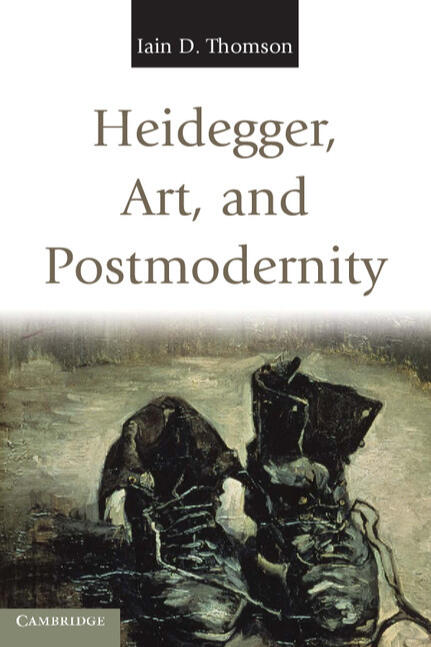
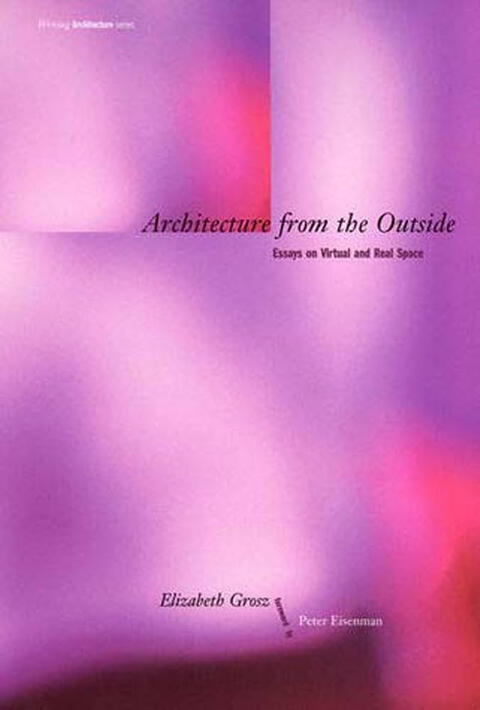
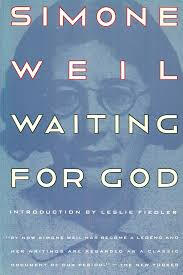
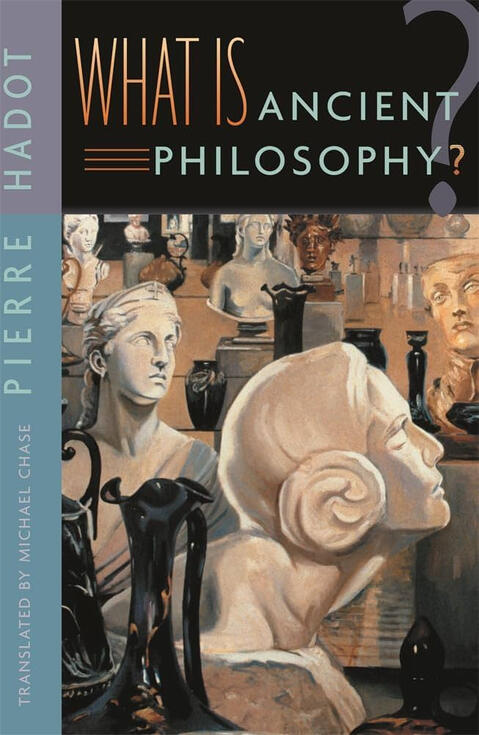
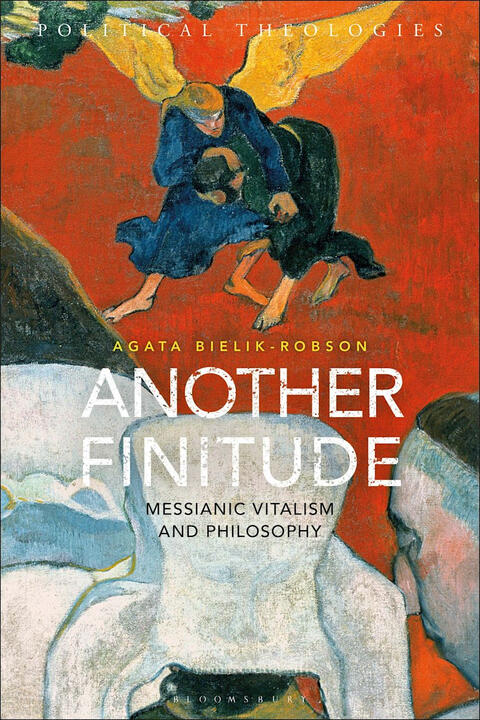
to be reviewed
to be reviewed
to be reviewed
to be reviewed
to be reviewed
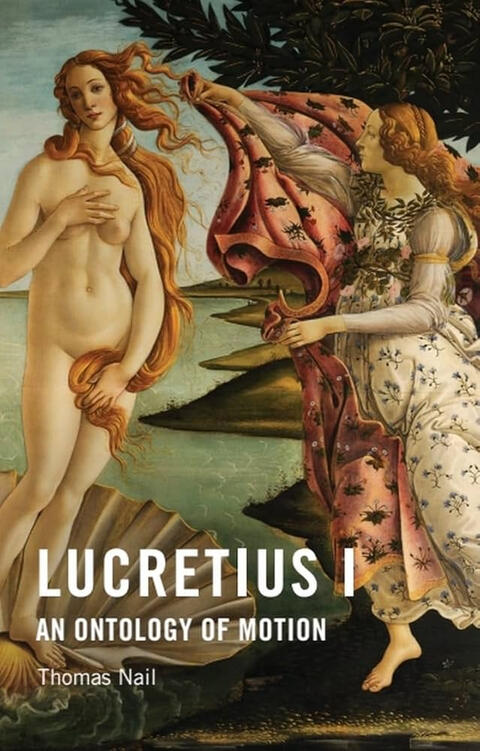
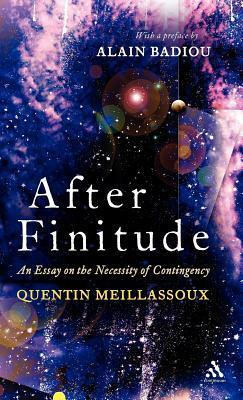
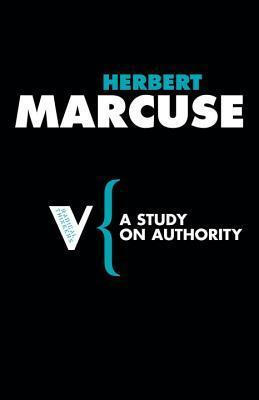
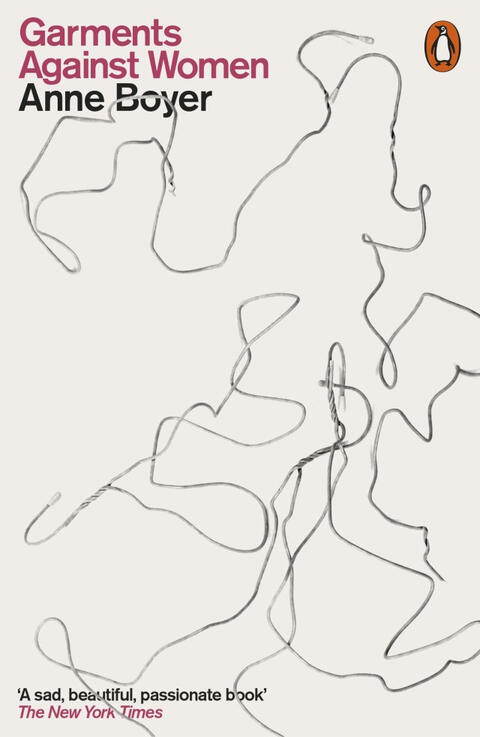
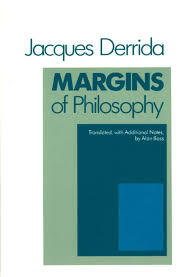
to be reviewed
to be reviewed
to be reviewed
to be reviewed
to be reviewed
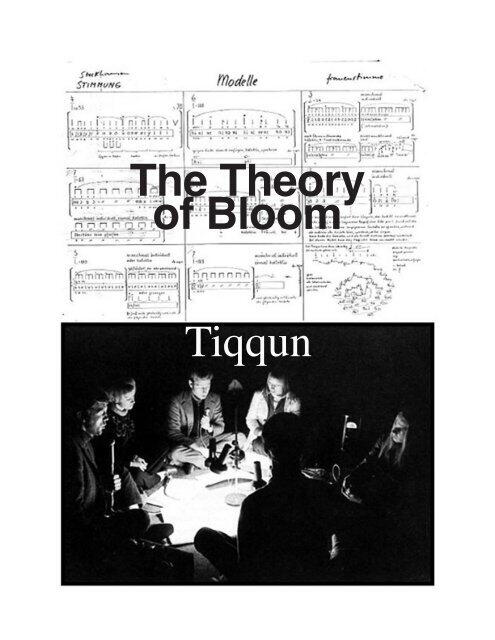
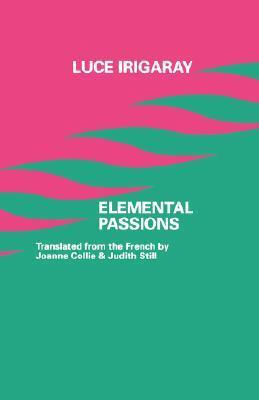

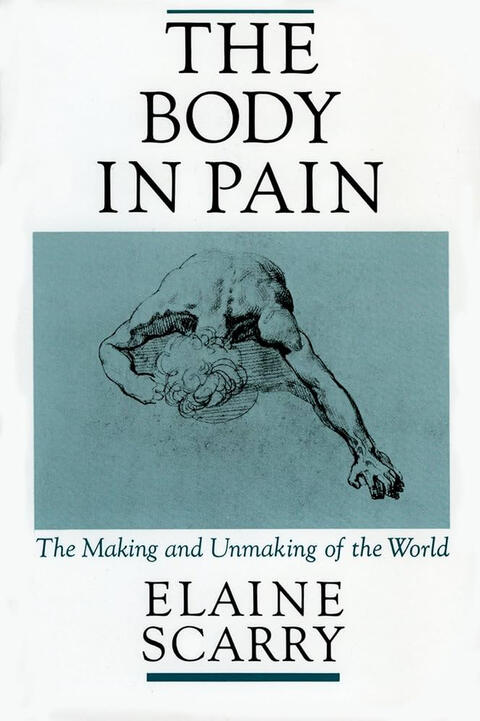
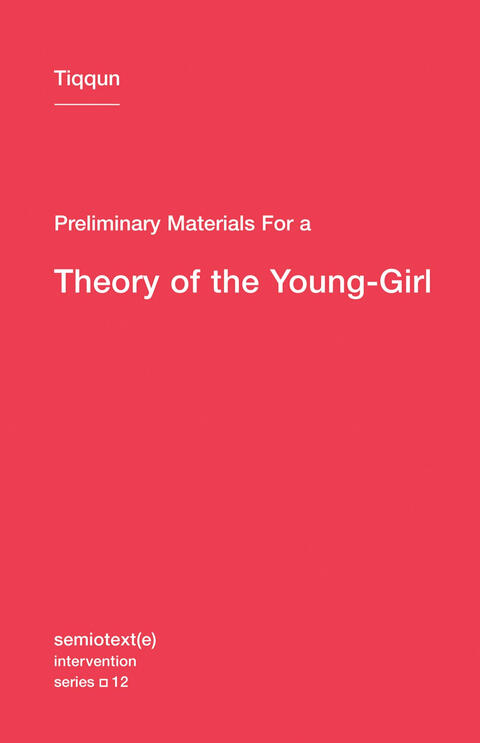
to be reviewed
to be reviewed
to be reviewed
to be reviewed
to be reviewed
the official, andrej synkar's
theory book leaderboards
status: integrated
these are books i have read fully, multiple times and/or have written an extensive review or counter-work for. for unintegrated or speculative/partially read - but still faithful - rankings, visit the archive website's leaderboards instead
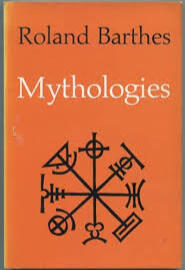
65%
mythologies is an amazing book of critical theory precisely because it doesnt just mythologize bourgeoise culture, but it mythologizes it into parody with more finesse than almost the entirety of the internet today can manage with all the time in the world [...]
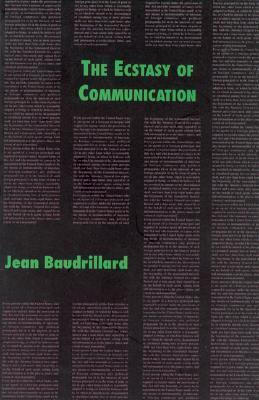
60%
baudrillard opens with extreme strenght and lays out the beginnings of a pretty well developed theory of screens, only to plunge into a rant eerily resembling chatgpt-fueled writing styles [...]
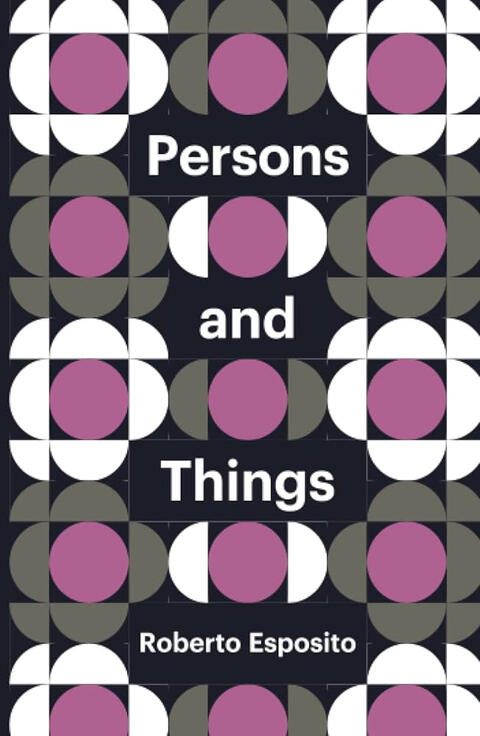
60%
esposito's well-studied persons and things is a book thats supposed to be boring but really isnt, dissecting the juridical and philosophical history of biased personification [...]
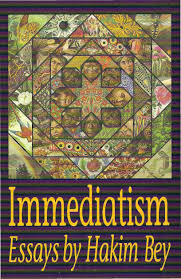
55%
hakim bey, otherwise known as gen z lefebvre, [opens] with the wrath of a basement incel and the half-stoned manifesto-babble of someone both right about the world and unbearable to stand beside [...]
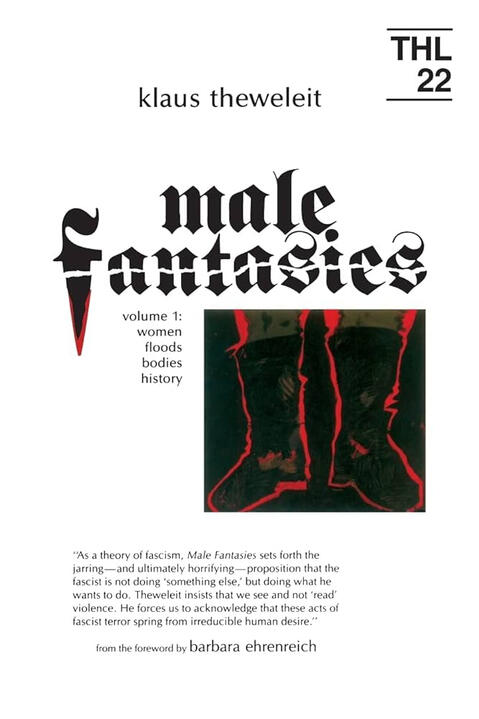
55%
theweleit, the most studied researcher of fascist psychology in the world at the time of writing this work, spends the entirety of it analyzing exactly how fascist soldiers are incapable of love, while coming to rushed conclusions [...]
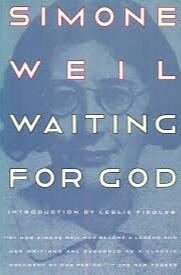
55%
n/a